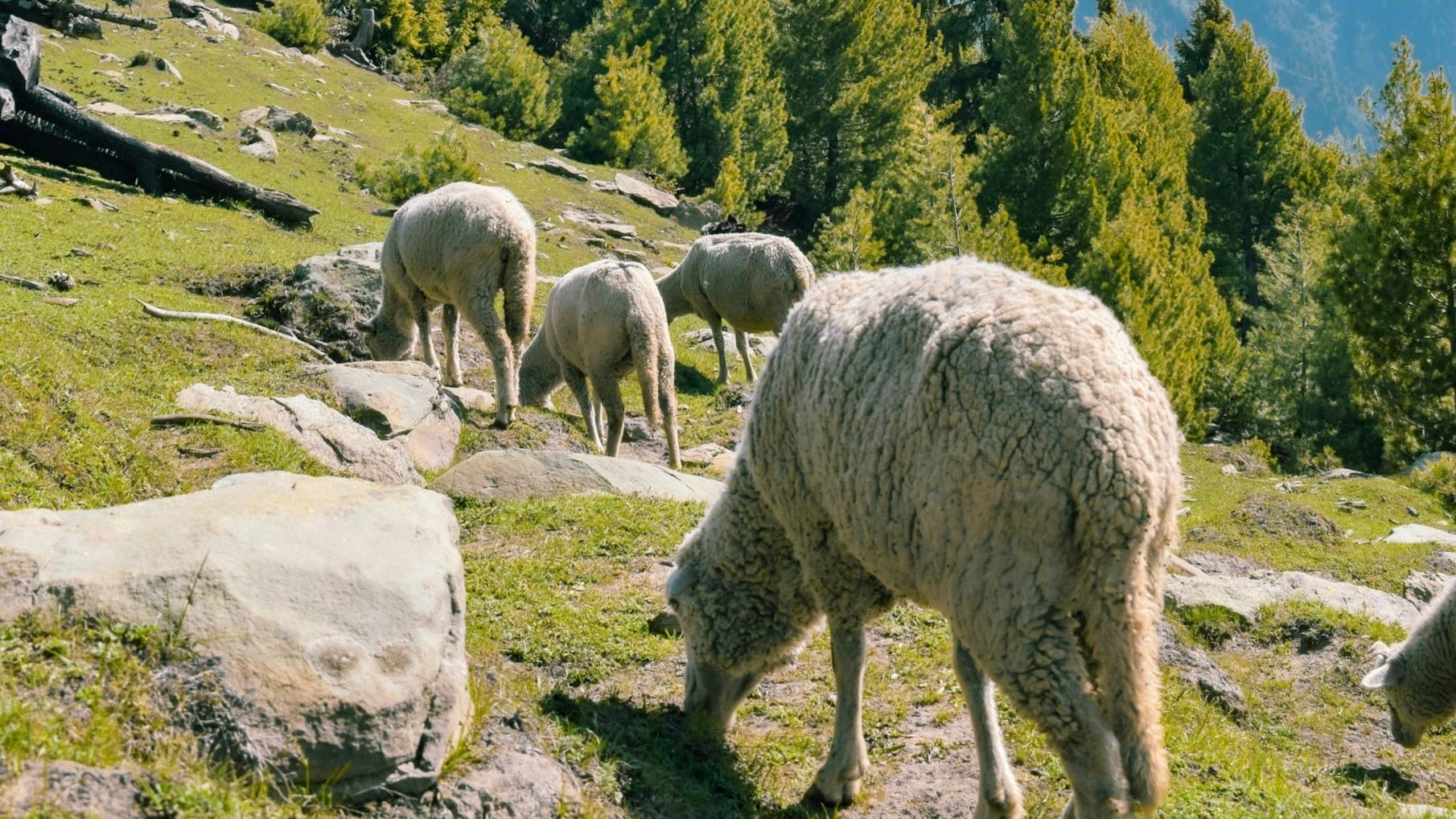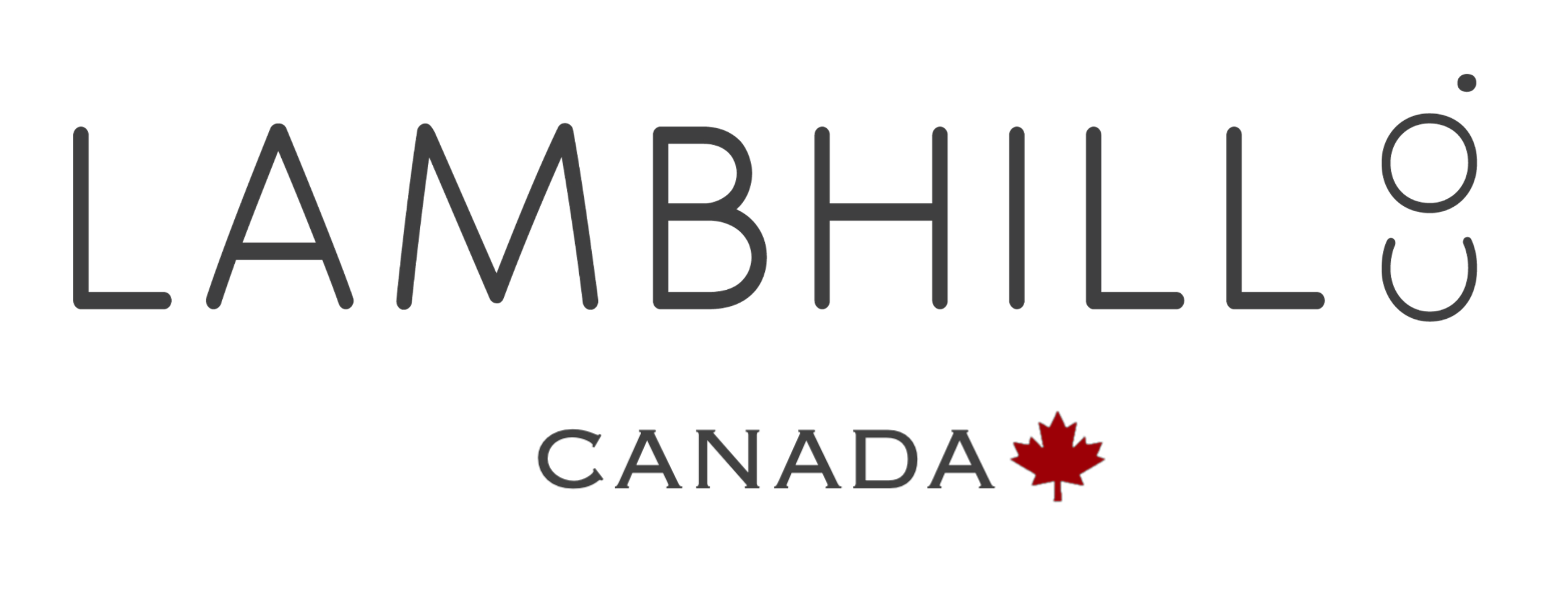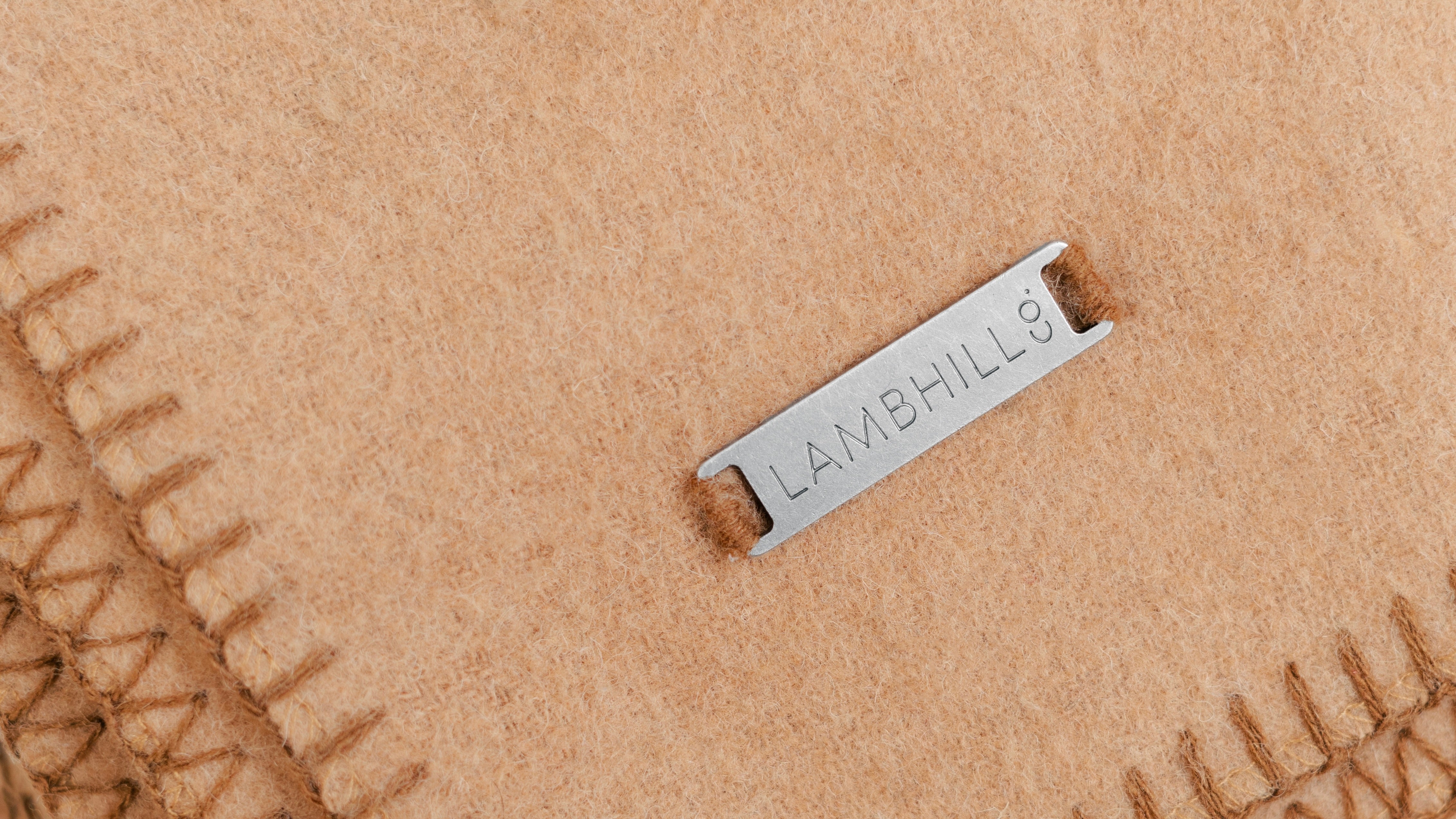Article: Understanding Virgin Wool - A Comprehensive Guide

Understanding Virgin Wool - A Comprehensive Guide
Virgin wool is a term often heard in the textile industry, celebrated for its unmatched quality and luxurious feel. However, there’s more to virgin wool than meets the eye. From its ethical sourcing to its environmental impact, virgin wool represents a premium choice for consumers seeking both quality and sustainability. In this article, we’ll explore what virgin wool is, how it’s sourced, its environmental benefits, how to identify authentic virgin wool, and how it compares to recycled wool.
What is Virgin Wool?
Virgin wool is wool that has been sheared from a sheep for the very first time. This wool is typically harvested from young lambs during their first year, making it exceptionally soft and fine. Unlike other types of wool, virgin wool has never been processed, used, or recycled, which means it retains all of its natural properties.
Ethical Sourcing of Virgin Wool
The ethical sourcing of virgin wool is a crucial aspect that sets it apart from other materials. High-quality virgin wool is sourced from farms that prioritize the well-being of their sheep. Ethical wool farming practices include:
Animal Welfare
Ethical wool farms ensure that sheep are treated with care, providing them with a healthy and stress-free environment. This includes proper nutrition, regular veterinary care, and humane shearing practices that do not harm the animals.
Sustainable Farming
Responsible wool farms employ sustainable practices that protect the land and resources. This includes rotational grazing to prevent overgrazing, using natural fertilizers, and preserving biodiversity.
Fair Labor Practices
Ethical wool production also extends to the workers involved. Farms that adhere to fair labor standards ensure that workers are treated fairly, paid appropriately, and work in safe conditions.
Virgin Wool's Positive Environmental Impact
While all forms of production have some environmental impact, virgin wool offers several environmental benefits:
- Biodegradability: Virgin wool is a natural fibres that is fully biodegradable. Unlike synthetic fibres, it decomposes naturally, returning nutrients to the soil without leaving harmful residues.
- Renewable Resource: Wool is a renewable resource, as sheep naturally produce a new fleece each year. This continuous supply makes wool a sustainable choice compared to non-renewable synthetic fibres.
- Energy Efficiency: Producing virgin wool requires less energy than synthetic alternatives. The process of shearing, cleaning, and spinning wool is less resource-intensive, contributing to a smaller carbon footprint.
- Carbon Sequestration: Wool production can also contribute to carbon sequestration. Well-managed sheep grazing can help maintain healthy grasslands, which absorb carbon dioxide from the atmosphere, helping to mitigate climate change.
The Benefits of Virgin Wool
Virgin wool is prized for its numerous benefits, making it a top choice for a wide range of textile applications:
- Unmatched Softness: Virgin wool is soft and gentle against the skin, making it ideal for clothing that requires comfort, such as sweaters, scarves, and baby garments.
- Durability: The fibres in virgin wool are strong and resilient, giving it a longer lifespan compared to other materials. Virgin wool garments retain their shape and resist pilling, ensuring they look new for longer.
- Natural Insulation: Virgin wool has excellent insulation properties, keeping you warm in cold weather and cool in warmer conditions. Its breathability also ensures comfort, reducing the risk of overheating.
- Moisture-Wicking: Wool can absorb moisture without feeling damp, making it perfect for outdoor wear and activewear. It wicks sweat away from the body, keeping you dry and comfortable.
- Odor Resistance: Virgin wool naturally resists odors, reducing the need for frequent washing and extending the life of your garments.
How to Identify Authentic Virgin Wool
When shopping for wool products, it’s essential to ensure you’re purchasing authentic virgin wool. Here are a few tips to help you identify genuine virgin wool:
- Labeling: Look for labels that specifically mention “virgin wool” or “pure new wool.” These labels indicate that the wool is unprocessed and has not been used before.
- Texture: Virgin wool is soft and smooth to the touch. It should feel luxurious against your skin, without any roughness or coarseness.
- Certification: Seek out certifications like the Woolmark logo, which guarantees that the wool meets specific quality standards, including being 100% virgin wool.
- Price: Virgin wool is typically more expensive than recycled wool or synthetic fibres. Be wary of products claiming to be virgin wool but offered at a suspiciously low price.
- Smell Test: Genuine wool often has a faint, natural scent. If the wool smells strongly of chemicals, it may have been treated or blended with synthetic materials.
Virgin Wool vs. Recycled Wool
The debate between virgin wool and recycled wool often centers around sustainability and quality. Here’s a closer look at how they compare:
1. Source and Purity:
Virgin Wool: As the name suggests, virgin wool is pure, never-before-used wool, harvested from a sheep’s first shearing. It retains all of its natural properties and is free from contamination or blending with other fibres.
Recycled Wool: Recycled wool is made from previously used wool garments or textile waste that has been shredded and re-spun into new yarn. It often contains a mix of fibres and may be blended with synthetic materials to enhance durability.
2. Quality and Softness:
Virgin Wool: Known for its superior softness, virgin wool offers a luxurious feel that recycled wool often cannot match. The unprocessed fibres ensure that the wool remains fine and smooth.
Recycled Wool: The process of recycling can lead to a rougher texture, as the fibres are broken down and reassembled. Recycled wool can vary in quality depending on the source materials and processing methods used.
3. Environmental Impact:
Virgin Wool: Despite the assumption that virgin wool may have a higher environmental footprint, its production can be environmentally beneficial. Ethical sourcing and sustainable farming practices minimize harm, and the wool’s biodegradability ensures it leaves no lasting waste.
Recycled Wool: While recycling wool reduces waste, the process itself consumes energy and may involve the use of chemicals. Additionally, the mixed-fibre content in recycled wool can complicate biodegradability and recyclability, potentially leading to more waste in the long run.
4. Durability and Longevity:
Virgin Wool: With its strong, intact fibres, virgin wool is highly durable and maintains its quality over time. Garments made from virgin wool are often more resilient, retaining their shape and appearance for years.
Recycled Wool: The reprocessing of wool fibres can weaken them, resulting in a less durable fabric. This may lead to quicker wear and tear, necessitating more frequent replacements.
5. Cost:
Virgin Wool: Typically more expensive due to the costs associated with ethical farming practices and the premium quality of the wool.
Recycled Wool: Often less expensive as it repurposes existing materials. However, the lower cost can sometimes reflect the lower quality.
Conclusion
Virgin wool offers a blend of luxury, durability, and sustainability that makes it a standout choice in the textile industry. Its ethical sourcing and positive environmental impact further enhance its appeal for conscious consumers. While recycled wool provides an alternative that reduces waste, it’s essential to consider the potential trade-offs in quality, durability, and overall sustainability.
By understanding the differences between virgin wool and recycled wool, you can make informed choices that align with your values and needs, whether you prioritize the softness and purity of virgin wool or the resourcefulness of recycled materials.


